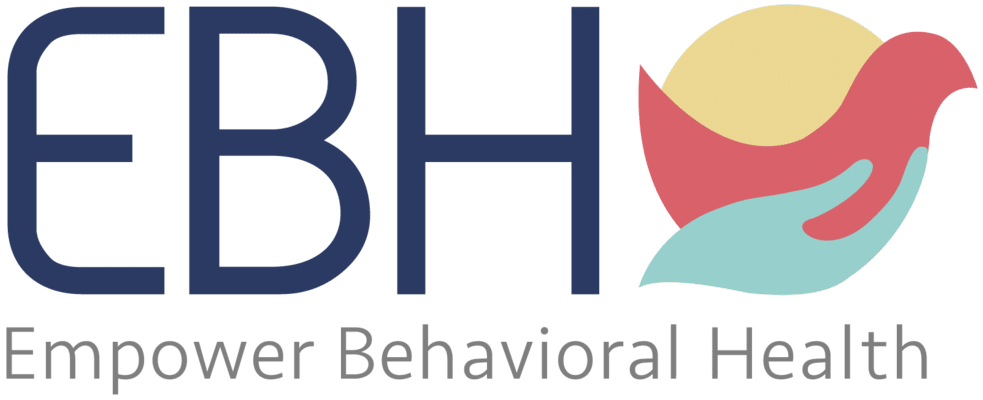What are Neurodevelopmental Disorders?

As a parent, understanding your child’s neurodevelopmental disorder can be tricky. It’s hard to know all the right questions to ask and how best to support your child along their journey. We will address what defines these conditions, common indicators, treatments available, and more so that every parent is comfortable making educated decisions on behalf of their children. Read on for an overview of everything you need to know about neurodevelopmental disorders.
What is a Neurodevelopmental Disorder?
Neurodevelopmental disorders refer to a group of conditions that affect the way the brain and nervous system develop. These disorders can cause changes to thinking, feeling, language, and physical abilities like movement and coordination. Neurodevelopmental conditions typically start before adulthood and may continue into adulthood. They are often associated with social impairments and difficulties in communication.
Types of Neurodevelopmental Disorders
There are multiple neurodevelopmental conditions that can affect children and adolescents. The most common neurodevelopmental disorders are:
- Autism spectrum disorder
- Attention-deficit/hyperactivity disorder (ADHD)
- Learning disabilities
- Dyslexia
- Intellectual disability (formerly known as mental retardation)
- Tourette syndrome
- Down syndrome
Causes of Neurodevelopmental Disorders
The exact cause of neurodevelopmental disorders is unknown, but research has suggested that a combination of genetic and environmental factors may play a role. Research has also shown that things related to or that occurred during pregnancy can be the cause of neurodevelopmental conditions including low birth weight, early birth, and fetal exposure to alcohol, drugs, or contaminants like lead.
Symptoms of Neurodevelopmental Disorders
Each neurodevelopmental disorder presents with different symptoms and severity. It’s also important to note that symptoms will differ between individuals. However, some common signs to look for in children and adolescents with neurodevelopmental disorders include:
- Delayed or impaired speech/language development
- Difficulties socializing or interacting with peers
- Impaired motor skills
- Inability to focus or concentrate
- Behavioral problems (aggression, hyperactivity, mood swings, etc.)
When are Neurodevelopmental Disorders Diagnosed?
Neurodevelopmental disorders can typically be diagnosed at any age, but early diagnosis is often key to getting the most effective treatment. If you notice any of the symptoms listed above, it’s important to speak with your child’s pediatrician as soon as possible. A medical professional will be able to assess your child’s development and refer them for further tests if needed.
Neurodevelopmental Disorders Treatment
There is no cure for neurodevelopmental disorders, but there are treatments available to help children manage their symptoms. These therapies typically involve a combination of medications, behavior therapy, speech therapy, and psychological counseling. Educating your child about their condition is also an important part of treatment as it can help them understand how to live with and manage their disorder.
ABA Therapy for Neurodevelopmental Disorders
Applied behavior analysis (ABA) is a type of therapy that focuses on teaching children new skills and behaviors to help them better manage their disorder. ABA therapy and mental health counseling can help improve social, communication, and problem-solving skills in children with autism. It may also be used to help children with attention deficit/hyperactivity disorder learn how to stay focused and organized.
Overall, neurodevelopmental disorders can be difficult for children and families, but early diagnosis and intervention can help.
Empower Behavioral Health offers ABA therapy for individuals of all ages throughout Texas. We provide individualized, evidence-based treatment plans to ensure we’re meeting the unique needs of your child. We also provide in-person and virtual neurodevelopmental evaluations. Contact us to learn more or get started today.

